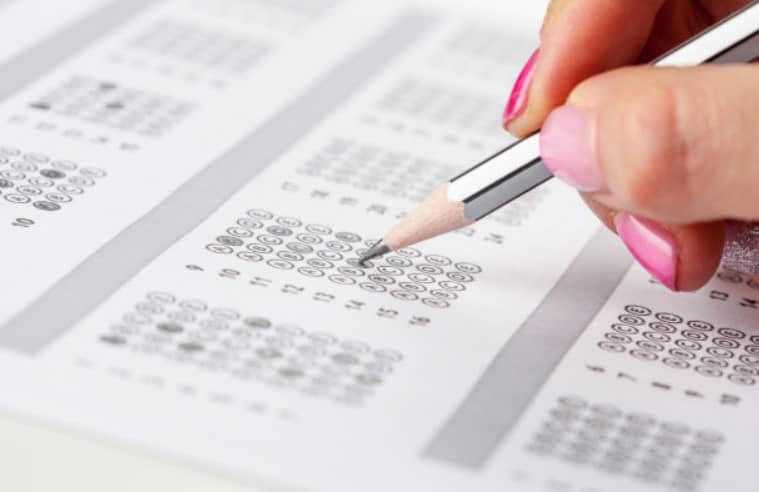How Long Are MCAT Scores Good For? Valid Until…
Before you decide when to take the MCAT, find out first how long are MCAT scores valid?
This is especially vital if you plan to take a gap year or hold off applying for med school for a certain period.
You see, there’s an expiration date, and you might end up retaking the MCAT when the time comes that you wish to apply for med school admission.
So, let’s get right to it.
How Long Do MCAT Scores Last?
Your MCAT score will last for 2 years minimum and 3 years maximum. Even with an MCAT score older than 3 years, AAMC will still keep a record of it in their database.
This, however, won’t be valid anymore for medical school application. The reason being that 3 years is the maximum threshold for any medical student to display adequate medical competence & knowledge.
Any longer than and they’ll need to refresh their knowledge and skills.
Moreover, some schools set their own MCAT expiry date where scores are concerned.
Some accept 2 years as the maximum threshold and others generously accept 3 years. Whatever the case may be, you should plan when to take the exam in accordance with when you plan to enter med school.
If you plan to take the MCAT, consult the medical school first. Without asking the school you want to apply for how long is an MCAT score good for, you’ll most likely need to retake the exam.
What Is an Acceptable MCAT Score?
An acceptable MCAT score would be in the range of 508 to 511. A score of 511 is a competitive score that places you at a higher acceptance level. Also, this is the average score a student would be accepted into a medical school.
This is one reason why prep services who offer programs with a score guarantee of 510+ are well-sought after.
Whether it’s easy or not to get this score, find out when your MCAT score expires so you don’t end up wasting your time and effort.
Your MCAT Score vs. Your Med School Application
In case you’re curious to know how long does the MCAT last, the exam lasts for 7 hours and 15 minutes, including breaks.
This should help you plan the time you spend answering each section. In effect, while studying for the MCAT, testing yourself in timed mode adds value to your study and prep time.
A score of 501-505 places you at an average MCAT score standard, which is why many students aim for a score of 510 and up. This does not mean you have no chance to pass your med school application, however.
Speaking of which, an MCAT score between 508-511 does not mean guaranteed acceptance either.
Although it’s more likely to get you in, some students were still unable to get into their med school of choice due to other factors.
These factors might include your attitude, the impression you gave during your interview, and your volunteer work.
Retaking the Exam vs. Your MCAT Application
Sometimes, the worst can happen, you either failed the MCAT or gained an unacceptable MCAT score.
In this case, retake the exam (1).
There are advantages to doing so:
- You’re already aware of what to expect and what the actual MCAT is like. This should help you prepare accordingly for the next exam.
- You know what concepts and topics deserve your highest priority.
- You know how much time is allocated for what section of the exam.
- You know what the situation is like on exam day, the nerves, the tense atmosphere, etc.
Every MCAT is different, but experiencing it will help you manage your time and expectations wisely.
Since a retake is no longer your first rodeo, you can deal.
Retaking the exam and re-applying for your med school of choice should focus on one thing: your improvement.
Aside from your score, any gaps you missed during the first interview should be key areas for you to work on as well.
Regardless if it’s your second or third take, becoming a medical professional is about your determination to succeed…even when you hit the gutter several times along the way.
Frequently Asked Questions
Bottom Line
Knowing how long are MCAT scores valid is vital information that should help you prepare when to take the MCAT.
Make sure you account for when you’ll be applying to medical schools. As a suggestion, the safest route would be to take the MCAT at least 1 and a half to 2 years before your school application.


